The bladder is a part that is prone to infection if not properly cared for. Some common diseases such as bladder inflammation, interstitial cystitis, bladder stones, overactive bladder, bladder cancer… Therefore, bladder care is important, let’s find out “4 avoid, 5 care” you need to do for better bladder health in the article below!
1 4 things to avoid for a healthy bladder
Avoid holding urine
The habit of holding urine is very harmful to the health of the bladder, because holding urine for too long can increase the risk of bladder infection, create stones, and weaken the bladder muscles.
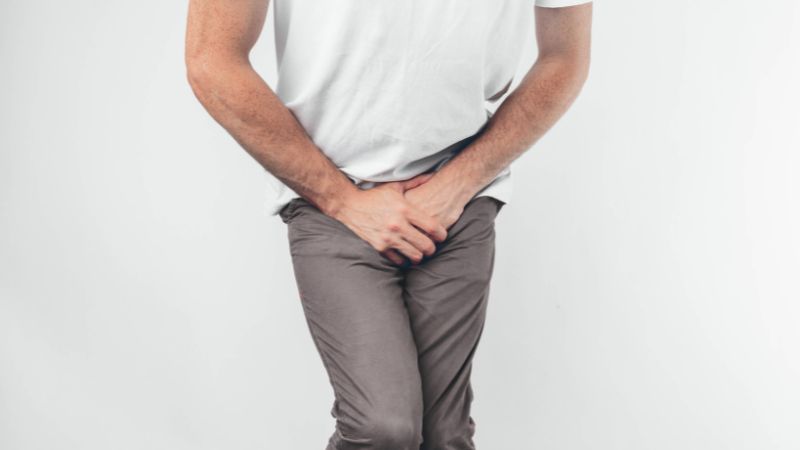 Avoid holding urine
Avoid holding urine
Avoid drinking too much coffee, alcohol
Drinking too much alcoholic or caffeinated beverages can put a burden on the bladder, causing frequent urination and urge incontinence. Additionally, this habit puts the urinary system under excessive stress and increases the risk of infection.
 Avoid drinking too much coffee, alcohol
Avoid drinking too much coffee, alcohol
Avoid smoking
Smokers often experience many bladder health problems such as increased risk of bladder cancer due to harmful substances in cigarettes. Therefore, quitting smoking as soon as possible is good for your health.
 Avoid smoking
Avoid smoking
Avoid rushing when going to the bathroom
Urinating too quickly requires strong straining, which puts pressure on the bladder to work harder, affecting elasticity.
Also, when rushing to the bathroom, you may not completely empty the bladder, meaning you have not urinated all. When urine remains in the bladder, it can cause urinary tract infections.
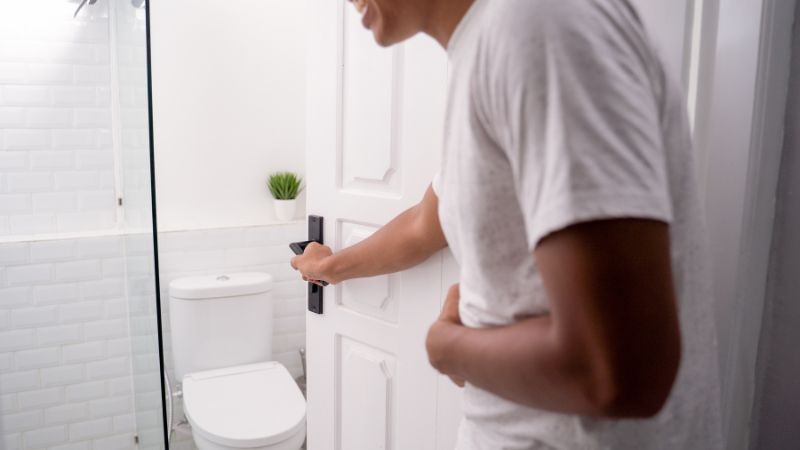 Avoid rushing when going to the bathroom
Avoid rushing when going to the bathroom
2 5 good habits for a healthy bladder
Drink water properly
A simple way to protect bladder health is to drink enough water every day, depending on weight and physical activity, the water requirements will vary in each person. However, basically, everyone should drink 2 liters of filtered water per day.
You should also not drink too much water at once, but drink small sips throughout the day for the sake of the bladder and kidneys.
 Drink water properly
Drink water properly
Maintain a healthy weight
Overweight people are more likely to have urinary leakage than normal people, and also have a higher risk of infection, affecting the pelvic floor. Therefore, regular exercise, balanced nutrition for body mass index control can help overall bladder health.
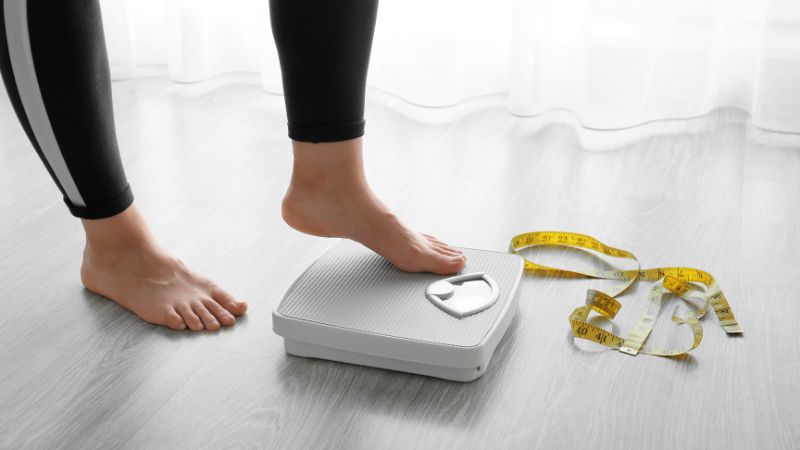 Maintain a healthy weight
Maintain a healthy weight
Perform pelvic floor exercises
Pelvic floor exercises, also known as Kegels, help improve the urinary system. Practicing these exercises will improve the health of the pelvic floor muscles, prevent urinary leakage from activities such as coughing, sneezing,…
Furthermore, pelvic floor exercises also help prevent infections and diseases related to this organ.
 Perform pelvic floor exercises
Perform pelvic floor exercises
Urinate after sexual intercourse
Engaging in sexual intercourse can unknowingly spread bacteria from the intestine or vaginal cavity to the urethra, so both partners should urinate after sexual intercourse to reduce the risk of infection and benefit the bladder.
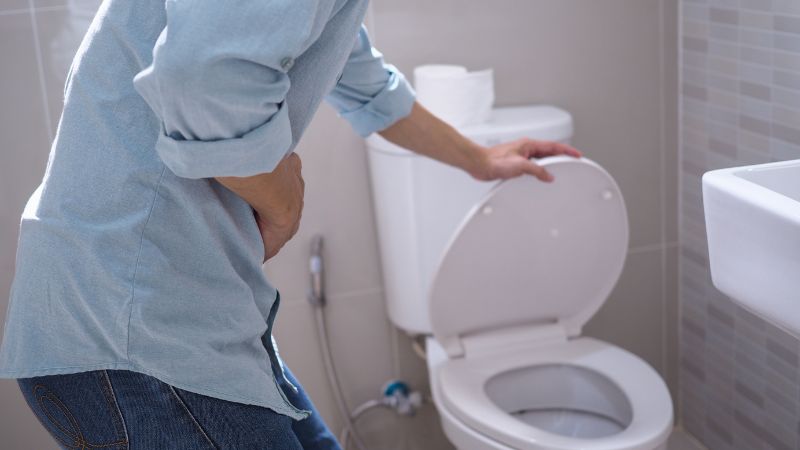 Urinate after sexual intercourse
Urinate after sexual intercourse
Maintain cleanliness and comfort of the urinary area
Finally, it is important to keep the urinary area dry and comfortable. You should empty your bladder, then thoroughly dry it.
In addition, you should choose comfortable underwear made of soft materials like cotton, avoid tight-fitting underwear that causes friction and moisture.
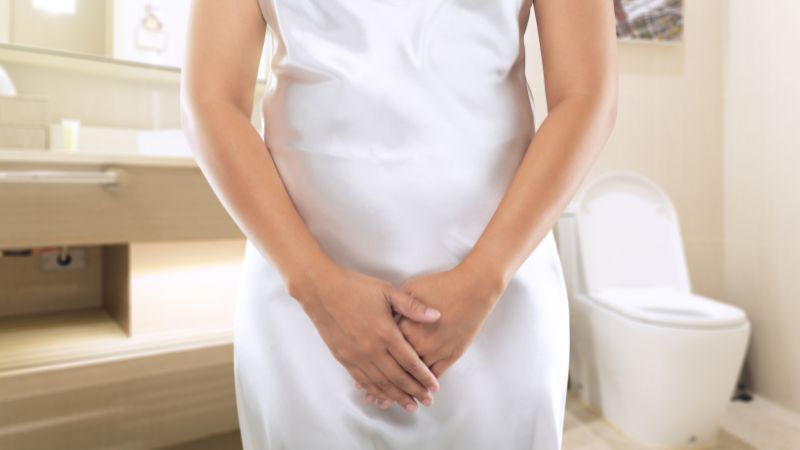 Maintain cleanliness and comfort of the urinary area
Maintain cleanliness and comfort of the urinary area
Above is a summary of what to avoid and do to protect the health of the bladder. I hope that this information will be helpful to you in taking care of your health!
Source: webMD, Healthline





























